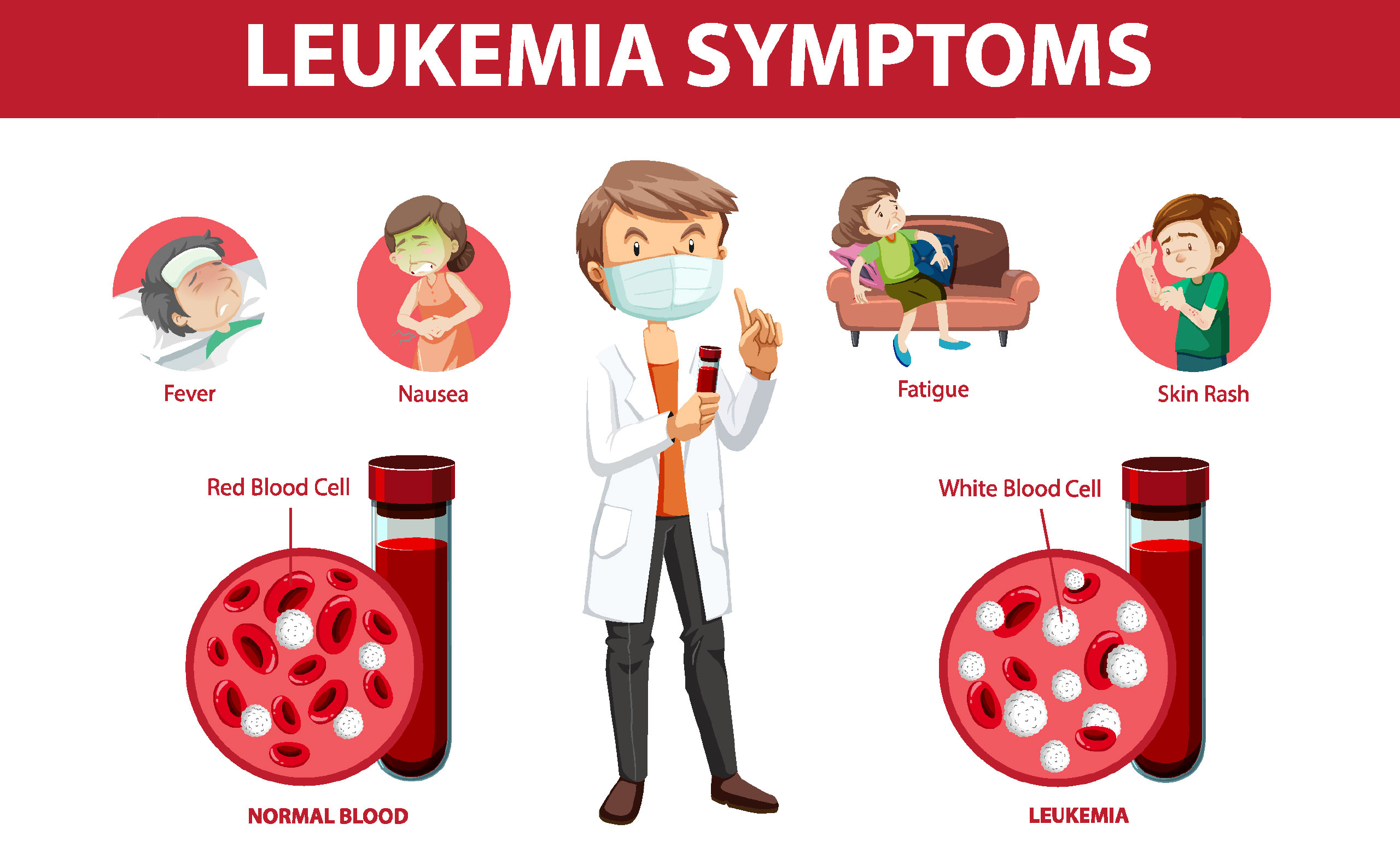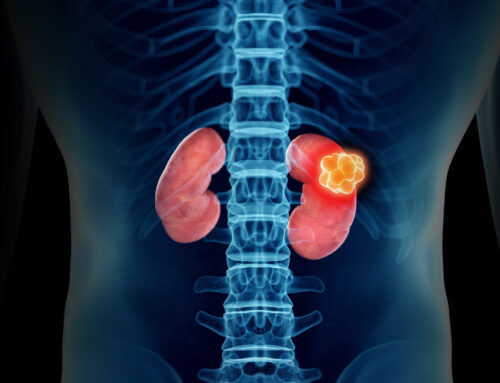Understanding blood cancer
Blood Cancer Awareness Month, observed annually in September, aims to spotlight various blood cancers such as leukemia, lymphoma, and others. The focus is raising awareness about the symptoms, early detection, and management of blood cancers. Additionally, we emphasize the crucial aspect of end-of-life care and the significance of hospice care for those battling these relentless diseases.
Blood Cancer Awareness Month
Blood Cancer awareness month is a global opportunity to raise awareness of one of the most dangerous cancers. Over a million people are diagnosed with some form of leukemia every year. Yet, there is still low awareness about these blood cancers, including leukemia, myeloma, lymphoma, and Hodgkin’s disease. Leukemia is most common among adults 55 years and older but is also the most frequent cancer in children under 15. The treatments for leukemia can be complex and dependent on the patient’s overall condition. However, many resources and strategies may combine for a successful outcome.
It is a time to honor the efforts of organizations and foundations to fight against leukemia. This month, landmarks and the city’s icons will ‘turn red’ to support the patients, families, researchers, and medical centers in fighting and understanding the disease.

Recognizing blood cancer symptoms
Leukemia is a prevalent concern during this awareness month. Understanding leukemia symptoms can be a vital step in early detection. Common symptoms include persistent fatigue, unexplained weight loss, frequent infections, bruising easily, and swollen lymph nodes. Early diagnosis and timely intervention can hugely improve the quality of life for leukemia patients.
Lymphoma, another blood cancer, presents its own set of symptoms. In the later stages of the disease, recognizing symptoms associated with end-of-life care is critical. These can include extreme weakness, severe pain, shortness of breath, confusion, and a decline in consciousness. Understanding these signs can help patients and their families make informed decisions about appropriate care and support during this challenging time.

Hospice patients with blood cancer
People with advanced blood cancer may opt for hospice care when they reach the final stages. This type of care prioritizes enhancing the patient’s quality of life, managing symptoms, and offering emotional and psychological support to both the patient and their loved ones. Hospice care can help patients deal with the physical and emotional challenges that come with the disease.
Cancer patients in hospice care receive specialized attention and personalized care to manage pain, provide emotional support, and discuss end-of-life wishes and directives.
At Ascend Hospice Care, we believe that Blood Cancer Awareness Month is a crucial opportunity to have meaningful discussions about blood cancers, the need for early detection, and the importance of end-of-life care and hospice services. This month serves as a chance for us to come together and share knowledge, inspire hope, and offer support to those impacted by blood cancers. By working together, we can strive to enhance the lives of those fighting these diseases and provide them with compassionate care during their final days.




